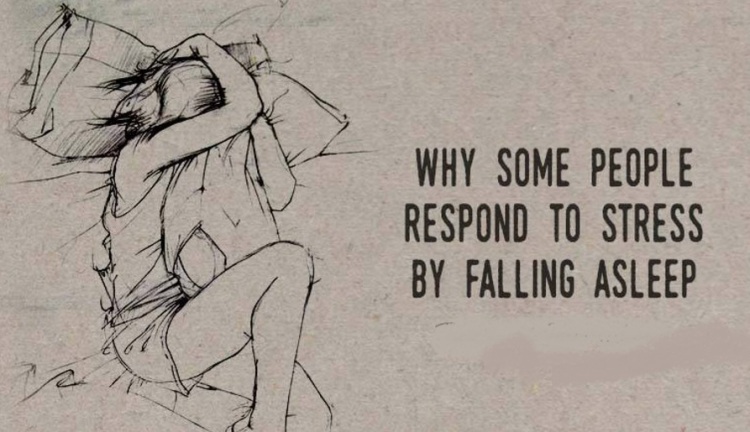A Professional Networking Site for Doctors & Medical Students Worldwide
As everyone knows from 9th grade biology class, when faced with stress—an acute threat—our bodies enter fight-or-flight mode. It’s supposed to be automatic: the adrenal cortex releases stress hormones to put the body on alert; the heart begins to beat more rapidly; breathing increases frequency; your metabolism starts to speed up, and oxygen-rich blood gets pumped directly to the larger muscles in the body. The point is to become energized, to prepare to face the source of the conflict head on, or, at the worst, be ready to run away, at top speed.
Of course, you don’t actually want the stress response system to be too reactive. If you were constantly in fight or flight mode, constantly stressed, it could actually have long-term effects on your neurochemistry, leading to chronic anxiety, depression, and, well, more sleeplessness. Even so, it seems like a good idea to sometimes be on high alert when dealing with stressful situations.
There’s a concept in psychology called “learned helplessness” used to explain certain aspects of depression and anxiety. It’s fairly old, having been first recognized and codified in the 1970s, but has remained largely relevant and accepted within the field. The name (mostly) explains it all: If, at a very early stage in development, a living thing comes to understand that it is helpless in the face of the world’s forces, it will continue to perceive a lack of control, and therefore actually become helpless, no matter if the context changes.
In the early studies, dogs were divided into two groups: The first half were subjected to electric shocks, but were given a way to stop the shocks (they just had to figure it out themselves). The second group of dogs received shocks but had no way to avoid, escape, or stop them. The experience, sadly, had long-term effects on the animals. When faced with stressful environments later on in life, the first group of dogs did whatever they could to try to deal with it; the second group simply gave up. They had been conditioned to respond to stress with acquiescence.
This type of learned helplessness isn’t limited to animals; many of the adults I spoke with all mentioned childhood anxiety stemming from uncontrollable situations. So they sleep to rest.
Views: 4
© 2017 Doctors Hangout | About DH
Powered by![]()














